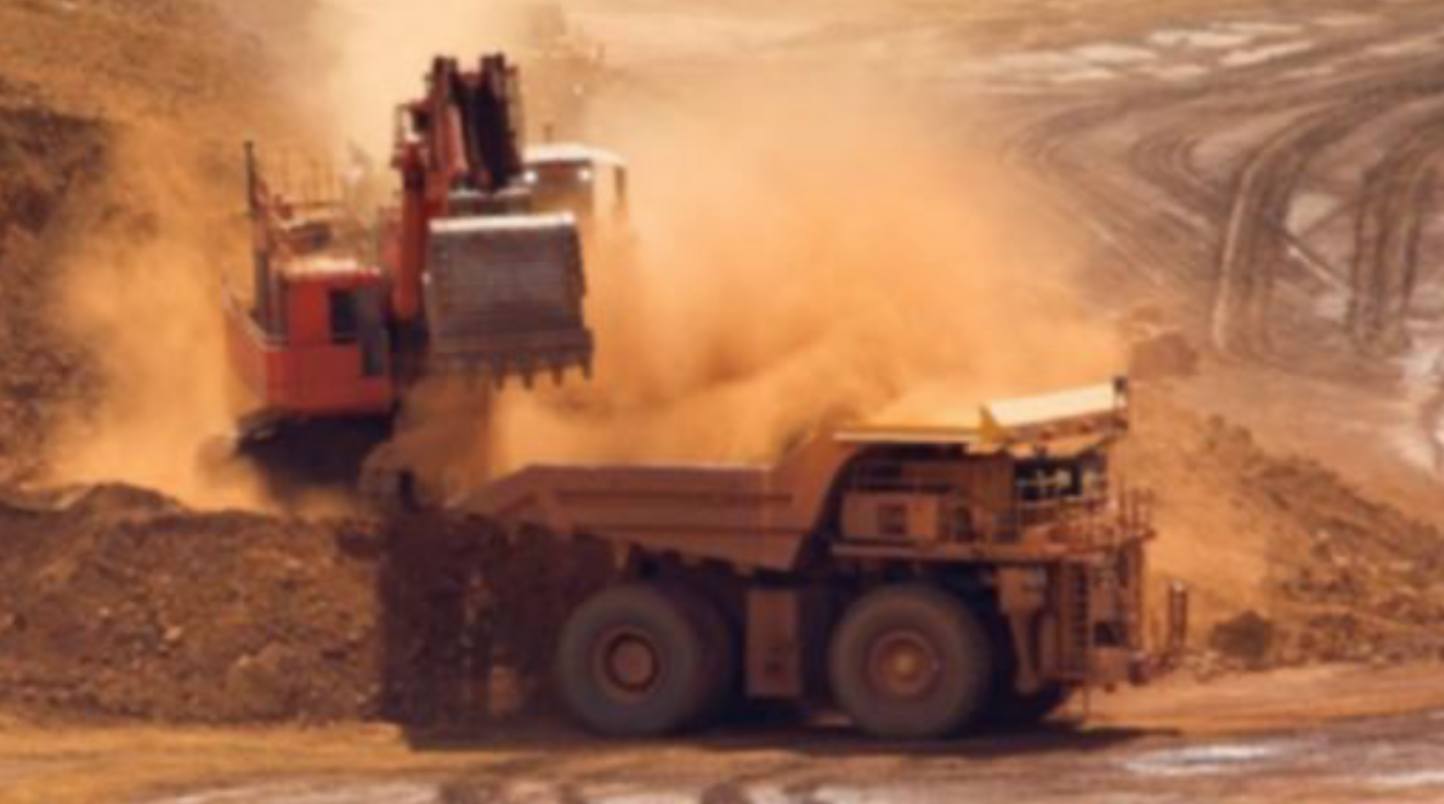
Article by Josh Zimmerman courtesy of the West Australian.

The Russia-Ukraine conflict has sent iron ore prices soaring, reversing a recent downward trend and potentially handing the McGowan Government a $2.5 billion royalties boon just two months out from the State Budget.
The price of iron ore jumped $US22 per tonne to $US158 between Monday and Thursday – before easing slightly to $US154 on Friday – after dipping below $US130 over the second half of February prior to Russia’s invasion of Ukraine.
The latest trading price is almost double the lows reached just last October.
For the 2021-22 financial year iron ore is averaging US$135.54 — well above the $US104.90 forecast in WA’s mid-year budget review.
That places Treasury on track to rake in an additional $2.5 billion in iron ore royalties, doubling the State’s overall surplus to a mammoth $5 billion.
Iron ore prices have rallied to a six-month high on expectations of a bigger appetite for steel from China.
For every $US1 the average annual iron ore price rises above forecast, WA collects an additional $82 million in royalties.
If the steel-making commodity continues its strong run for the next four months there is a chance WA will better the record $5.8 billion surplus recorded last financial year, which came off the back of iron ore averaging $US154.50 across 2020-21.
Russia and Ukraine both mine iron ore and manufacture steel and there are fears the war will impact both production and export, creating holes in the global supply chain.
Russia accounts for an estimated 10 per cent of the world’s steel while Ukraine has a 4 per cent share — and China is the only country capable of replacing the lost production.
With the Winter Olympics in Beijing now concluded, Chinese blast furnaces have begun ramping up again to take advantage of steel prices that are also beginning to climb.
That spells good news for the WA Budget which is heavily reliant on iron ore royalties that have smashed records in recent years — totalling $11.3 billion in 2020-21, up from $7.6 billion the previous year.
In its weekly report, WA Treasury Corporation wrote commodity prices had surged across the board as a result of export sanctions slapped on Russia by nations across the world.
“Iron ore prices have climbed to six-month highs on the back of the war in Ukraine and reports that China is considering relaxing its zero-COVID policy,” the report said.
“With Russia and Ukraine both major grain exporters, and natural gas being a key feedstock in fertiliser production, agricultural commodity prices have surged, adding to concerns over rampant global food price inflation.”
While much smaller contributors to the state’s finances, other commodities like gold, lithium, nickel and copper have also jumped in value over the past month — with the price of lithium in particular more than doubling since the start of the year.
WA’s red-hot property market, and a jobless rate near historic lows, mean the State is also poised to reap windfalls in both stamp duty and payroll tax.